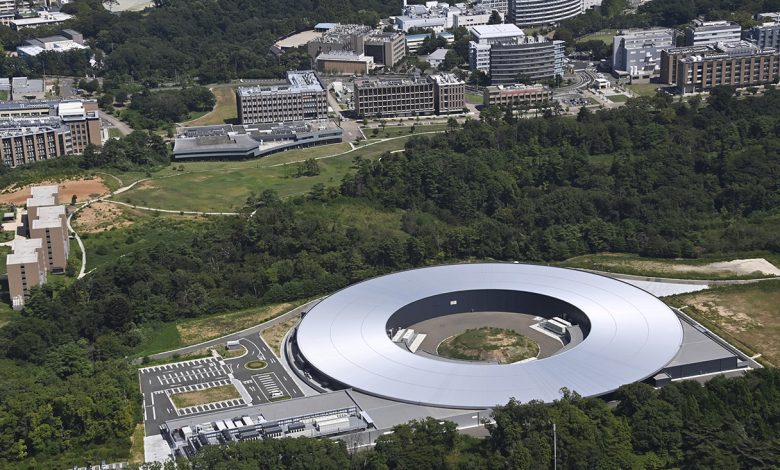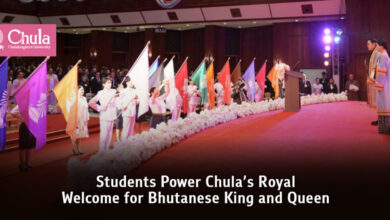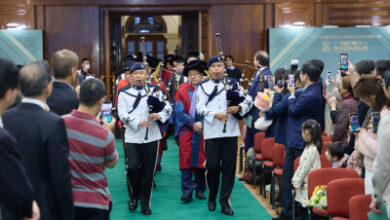Japan tries, again, to stop its universities from sliding down global rankings
But researchers fear new law aimed at boosting six top universities could create fresh problems

Twenty years ago, five universities in Japan were among the world’s top 100, according to an annual compilation by the ShanghaiRanking Consultancy. The University of Tokyo led the contingent in 19th place, with Kyoto University 30th.
But by this year, Tokyo had tumbled to 27th and Kyoto to 39th despite repeated efforts to keep the universities globally competitive. The other three schools dropped out of the top 100 entirely.
Now, Japan’s government has launched yet another effort to reverse the widely recognized decline. This month, lawmakers approved legislation that requires six top-ranked universities to establish new management policy councils designed to give outside experts a greater voice in decisions. The councils, which will include the university president and at least three members independent of the school, will weigh in on “significant operational policies and oversee the execution of the president’s duties,” the education ministry’s higher education bureau said in a statement. And Masahito Moriyama, Japan’s education and science minister, has asserted that the measure will “enhance education and research.”
But critics fear the councils will only add to already cumbersome university bureaucracies and push academic scientists to emphasize applied research. And because Moriyama’s ministry will vet council members, they worry the new law will erode university autonomy and open the door to political meddling. The councils will lead to “increasingly complex and mysterious decision-making,” predicted sociologist Ryosuke Nishida of the Tokyo Institute of Technology in a critique published by The Asahi Shimbun, a prominent Japanese news outlet.
All sides agree that Japan’s research establishment has endured what some academics call “the lost decades.” In addition to the slide in university rankings, since the early 2000s Japan has dropped from second to fifth in the number of papers indexed in Clarivate’s Web of Science, according to Japan’s National Institute of Science and Technology Policy (NISTEP). And it fell from fifth to 12th in the number of papers ranking in the top 1% of citations, trailing countries including Spain and Iran.
There are a number of reasons for the decline in Japan’s rankings, says Masatsura Igami, a science policy researcher at NISTEP. But “crucial factors,” he says, including a “stagnation” in research spending and a decline in the size of the nation’s scientific workforce relative to other nations.




